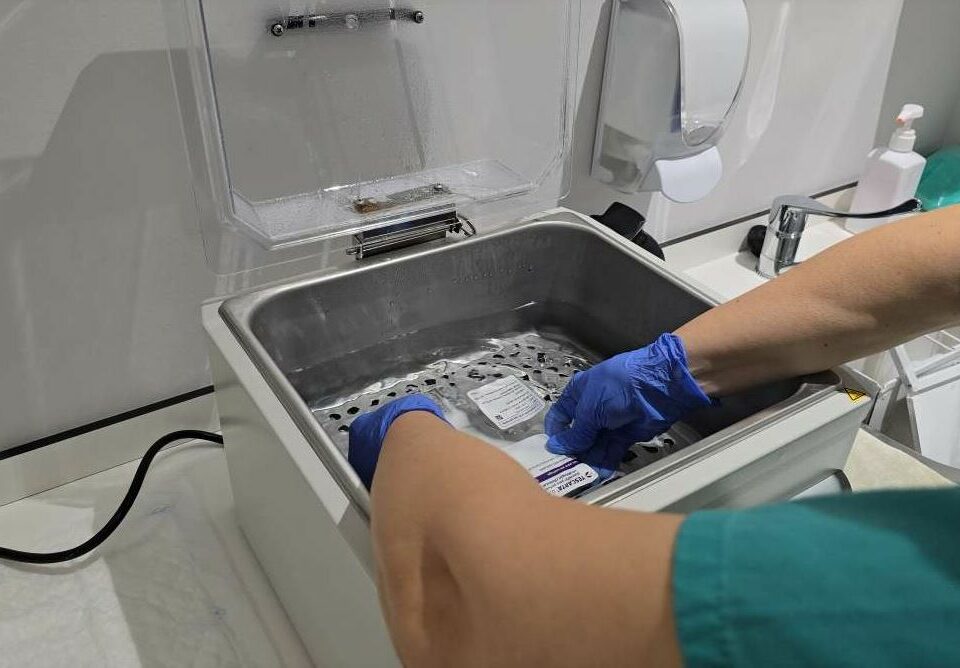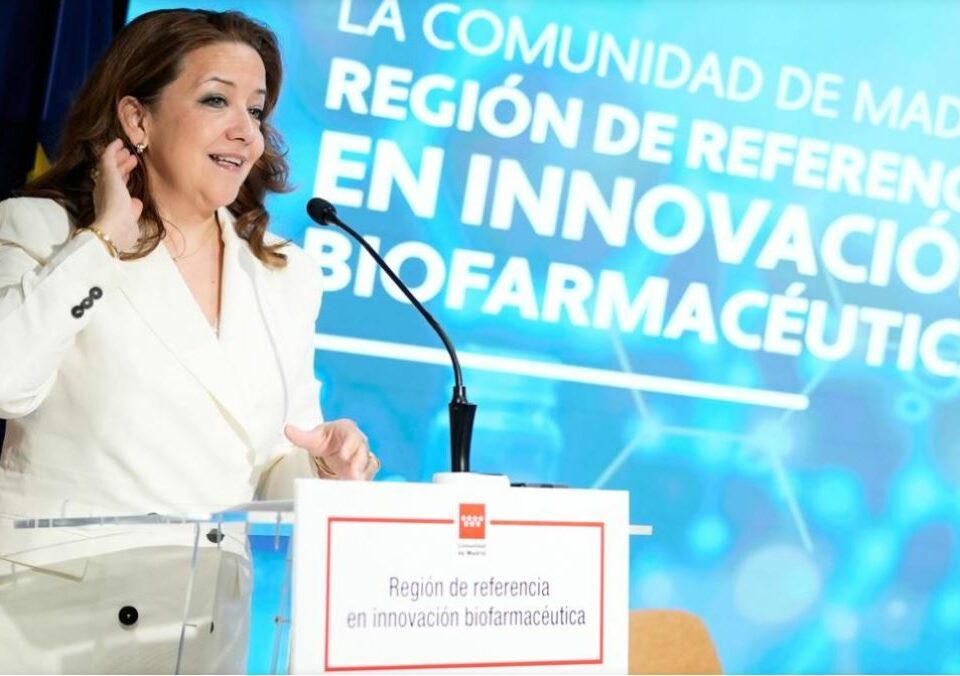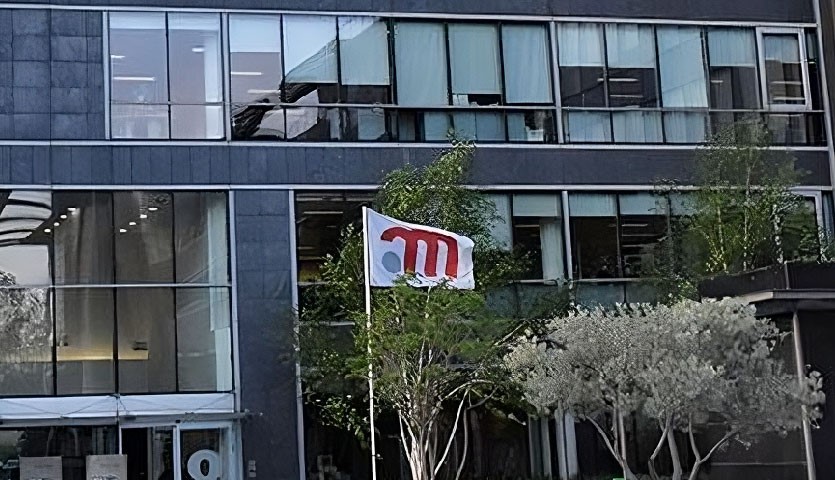Farmaindustria connects eight research projects from Spanish universities and small companies with 15 representatives from pharmaceutical companies

The Farma-Biotech programme facilitates the efficient exchange of information and personal knowledge between research groups, small spin-off companies and the pharmaceutical industry.
Since its inception in 2011, the Farmaindustria-driven project has analysed more than 900 innovative proposals for new drugs in early stages of development.

Framaindustria.es
Eight heads of research projects on potential new drugs belonging to different groups of Spanish universities and small companies have had the opportunity to present their initiatives to a group of 15 representatives of innovative pharmaceutical companies with the aim of exploring possible collaboration and funding agreements. They have done so through the Farma-Biotech programme, an initiative created by Farmaindustria in 2011 to connect centres and small spin-off companies with research in early stages of development with the pharmaceutical industry and thus strengthen the pharmaceutical innovation ecosystem and increase public-private collaboration in our country. Since its launch, the programme has analysed 913 proposals for the development of innovative medicines.
In 2024, the programme has analysed nearly 80 research proposals, from which eight high-level scientific projects were selected and presented by the researchers this week at the 24th Pharma-Biotech Cooperation Meeting, held at Farmaindustria’s headquarters in Madrid. The promoters of the projects, belonging to four companies (Aptadel, Connecta, STAb and Inhibitec) and four institutions (Instituto Químico de Sarriá, University of Salamanca, Miguel Hernández University, University of the Basque Country and IIS Guipuzcoa -Biogipuzkoa-), presented their projects to 15 representatives of the pharmaceutical companies Almirall, Boehringer-Ingelheim, Faes Farma, Gebro Pharma and Gebro Pharma. Faes Farma, Gebro Pharma, Johnson & Johnson Innovative Medicine, Lilly, Merck, Rovi, Servier, Takeda and UCB Pharma, as well as the Kaertor Foundation.
On this occasion, most of the projects submitted were related to oncological diseases, as well as others related to autoimmune and central nervous system diseases.
More than 150 projects presented
In these 14 years, the Farma-Biotech programme has organised 24 meetings of this type, where 154 research projects for new drugs have been presented and 149 different entities have actively participated (48 national and multinational pharmaceutical companies, 59 small biotech companies recently created and 42 research centres and hospitals). As a result of these meetings between researchers and pharmaceutical companies, 69 new patent-protected molecules have been developed.
Early-stage biomedical research is attracting increasing interest from public administrations, with the main bottleneck being the gap between pre-clinical proof of concept and the completion of regulatory pre-clinical trials. As Amelia Martín Uranga, director of the Clinical and Translational Research department at Farmaindustria, points out, in order to solve this situation, a firm commitment to greater investment in this step of the value chain in the process of developing new medicines is needed. ‘That is why we at Farmaindustria believe that this is an interesting time to work on a preclinical research programme for new medicines, a country project that can bring together all the relevant public and private agents to make Spain a leading player in the preclinical research of new medicines, transferring the success achieved in clinical research, where our country has achieved a leading position at European and global level,’ she says.





